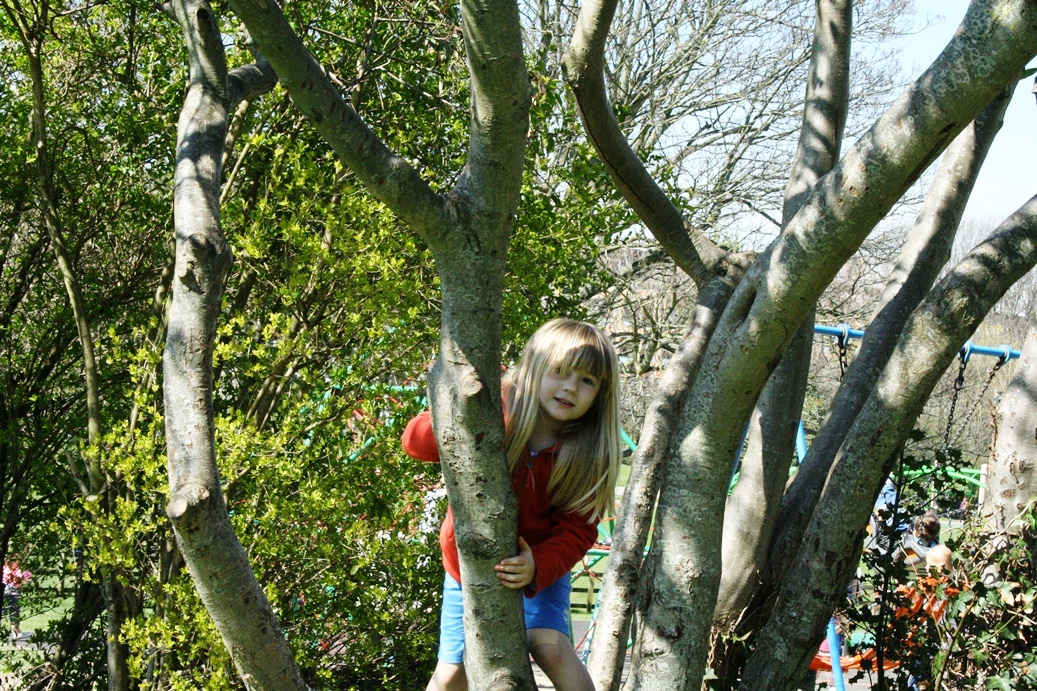
When I collect my daughter from school at the end of the day, we have a little routine when we get into the car.
“Do anything good today?” I’ll ask.
“Yes,” Flea replies.
“What was the best thing?”
“Playing with Zara.”
Without fail, every day, Flea’s favourite thing to have done is playing with her friends.
That’s not to say Flea doesn’t enjoy formal learning, or isn’t good at it – she’s pretty keen on science and literacy, and she’s doing really well with her guitar lessons.
But what she loves are the games she invents with her friends. They play Mummies and Daddies (Flea is always the dog, of course). They play races. They play space aliens, vets and pets, pretending to cook up potions, shoot robbers, and climb mountains.
I love listening to Flea describing these games. It reminds me how easily children of that age become absorbed in imaginary worlds, and how wonderfully they co-operate, each taking on roles in a shared imaginary experience. And sometimes there are disputes, when someone else wants to be a dog, too, or when someone is trying to be bossy, or someone gets shoved or pushed, and then there’s a whole social system that seems to kick in, as the kids resolve these disagreements and continue with the game.
For me, these games teach kids far more than any of those ridiculous pseudo-academic toys and activities that get promoted as ways to ‘give your kids a head start’. Please. Not all education involves sitting quietly and taking turns to look at letters and numbers. Not everything kids learn has to be taught.
Sometimes the best learning happens by just turning kids loose with some space and freedom to use their imagination and watching as they set up their very own dog school with a teacher who’s a cat. Why not?
I honestly believe life makes it hard for kids to do enough of this kind of play. And when leisure time is short, it’s tempting to try and give kids the best possible play experiences – taking them to activities that are approved by ‘experts’ as though this somehow means your kids are going to have more fun, or be more ‘nurtured’.
There is also always pressure by schools to spend your evenings doing homework and formal learning. I cannot tell you how much this frustrates me!
When young children have spent their day sitting quietly, taking turns and writing or reading or drawing what they’re told, they don’t need to do more of the same. They need to be encouraged to move around, to have fun. We can give our children permission to be energetic and silly and make their own rules. It’s so important to give our kids the freedom to play and – in turn – learn through play.
People sometimes ask why I don’t encourage Flea to do homework and one of the major reasons is so that she has time to play. I think it might just be the most educational thing in the world. Learning through play is important. And the very best thing of all? It’s the highlight of Flea’s day. Who could ask for more?




